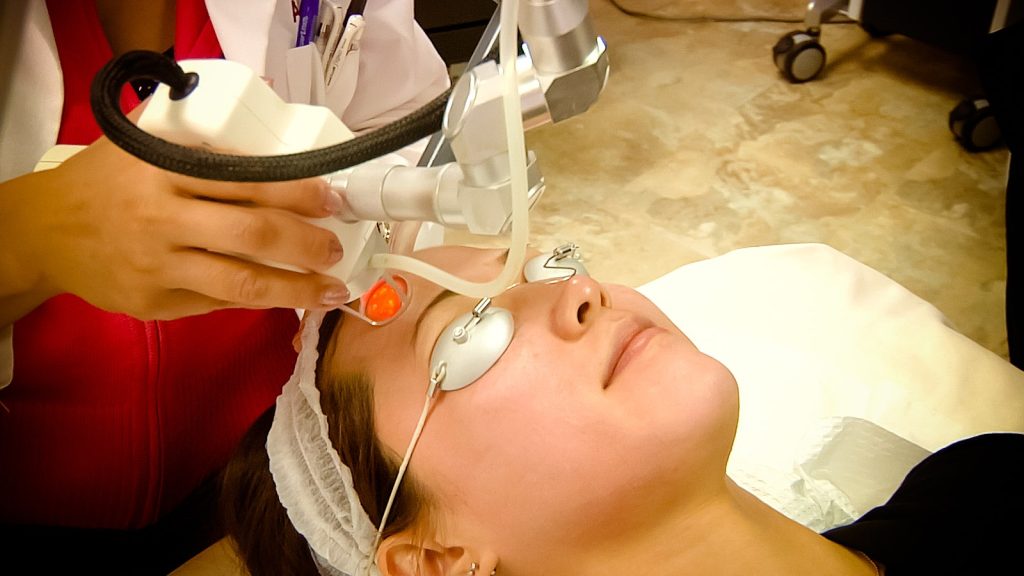Enhancing Sperm Quality: Lifestyle and Dietary Interventions

Table of Contents
ToggleThe quality of sperm is an important aspect of male fertility. It influences conception rates and overall reproductive health. Rising fertility problems have led men to seek ways to improve sperm quality through lifestyle and diet. Scientific studies show certain habits and dietary choices can enhance sperm count, motility, morphology, and wellbeing.
Learning About Sperm Quality
The quality of sperm is determined by several parameters:
- Sperm Count: Higher counts generally reflect greater fertility potential.
- Motility: Ability to move efficiently and reach the egg.
- Morphology: Well-formed sperm have a higher chance of fertilization.
- DNA Integrity: Vital for healthy embryo development.
Poor sperm quality can result from genes, lifestyle, environmental factors, and medical conditions. A healthy lifestyle and informed dietary choices can improve sperm health.
Lifestyle Interventions
Maintain a Healthy Weight
- Obesity is linked to hormonal imbalance, affecting sperm production.
- Excess fat raises estrogen and lowers testosterone.
- Frequent exercise and healthy foods help maintain optimal weight and reproductive health.
Exercise Regularly
- Moderate exercise improves testosterone and circulation.
- Strength training, jogging, and yoga enhance overall reproductive health.
- Overtraining or steroid use may reduce sperm quality.
Reduce Stress
- Chronic stress causes hormonal and oxidative stress, lowering sperm quality.
- Meditation, deep breathing, and hobbies can alleviate stress impacts.
Avoid Excessive Heat
- Sperm production is best at lower temperatures.
- Hot baths, saunas, tight clothing, and laptop laps can reduce sperm count.
- Use loose-fitting underwear and minimize heat exposure.
Limit Alcohol and Caffeine
- Alcohol can lower testosterone and motility.
- Excessive caffeine may reduce sperm quality.
- Moderation is key for optimal reproductive health.
Stop Smoking and Drug Use
- Smoking impairs sperm DNA, count, and motility.
- Recreational drugs (marijuana, cocaine, anabolic steroids) can lower sperm quality.
- Abstinence can enhance sperm parameters.
Reduce Environmental Toxins
- Plastics, heavy metals, pesticides, and endocrine disruptors can harm sperm.
- Use organic foods, BPA-free containers, and minimize exposure to chemicals.
Dietary Interventions
Check these foods to boost sperm and enhance fertility naturally.
Increase Antioxidants
- Oxidative stress damages sperm DNA and function.
- Foods high in antioxidants: Citrus fruits, nuts, seeds, green leafy vegetables.
- Vitamins C, E, selenium, and zinc support sperm health.
Consume Omega-3 Fatty Acids
- Sources: Fatty fish (salmon, sardines), flaxseeds, walnuts.
- Omega-3s promote membrane integrity, motility, and sperm morphology.
Increase Zinc and Selenium
- Zinc is necessary for sperm production and testosterone. Sources: Oysters, lean meat, eggs, pumpkin seeds.
- Selenium improves sperm motility. Sources: Brazil nuts, whole grains.
Eat Folate-Rich Foods
- Folate supports sperm DNA integrity.
- Sources: Leafy greens, legumes, oranges, fortified cereals.
Avoid Processed Foods and Trans Fats
- High processed sugar and trans fats are linked to low sperm quality.
- Substituting whole, nutrient-rich foods promotes reproductive health.
Stay Hydrated
- Adequate water intake supports semen volume, sperm function, and motility.
Moderate Soy Consumption
- Soy contains phytoestrogens that can affect sperm production.
- Moderate consumption is usually safe; excess may impact sperm health.
Additional Considerations
Sperm Health Supplements
- Coenzyme Q10, L-carnitine, and vitamin D may improve sperm parameters.
- Consult a medical professional before use.
Regular Medical Check-Ups
- Hormonal imbalances, infections, and varicoceles can affect sperm.
- Frequent visits allow early detection and proper treatment.
Monitor Medication Use
- Some antibiotics, antidepressants, and steroids impact sperm production.
- Discuss alternatives with a doctor if fertility issues arise.
Fertility Acupuncture
- Acupuncture may enhance male fertility, reduce stress, and regulate hormones.
- Seek a specialist in male fertility acupuncture could be a valuable addition to a fertility-enhancing plan.
Conclusion
Improving sperm quality requires a comprehensive approach:
- Lifestyle: Healthy weight, regular exercise, stress reduction, and reduced toxin exposure.
- Diet: Antioxidants, omega-3s, zinc, selenium, folate, hydration, and limiting processed foods.
- Supplements & Medical Support: When needed, under professional guidance.
These strategies enhance sperm quality, fertility potential, and overall reproductive health.
- United Kingdom
- Arts & Style (98)
- Automobile (283)
- Business (5,518)
- Business and Entrepreneurship (162)
- Career Development (54)
- Climate & Environment (26)
- Creative (31)
- Culture (1,530)
- Beauty (276)
- Skincare (239)
- Cultural Studies (74)
- Digital Life (72)
- Energy Healing (31)
- Fashion (1,017)
- Clothing (688)
- Fashion Design (232)
- Philosophy (7)
- Morality (6)
- Religion (17)
- Sports (116)
- Beauty (276)
- Digital Marketing (331)
- DIY and Crafts (13)
- Economics (8)
- Education (1,260)
- Entertainment (195)
- Faith & Spiritual (10)
- Fashion and Beauty (152)
- Finance and Money Management (204)
- Fitness and Exercise (32)
- Food and Drink (169)
- Game (139)
- Health and Wellness (1,083)
- Home and Garden (378)
- Law (141)
- Lifestyle (1,349)
- Health (672)
- Home (380)
- Architecture (94)
- Interior Design (215)
- Rental Property (27)
- Pets (75)
- Relationships (70)
- Restaurants (19)
- Literature (7)
- Media (267)
- Packaging (41)
- Politics (1)
- Real Estate (254)
- Science and Nature (14)
- SEO (134)
- Social Media Marketing (51)
- Software Development (216)
- Sports and Fitness (44)
- Technology (832)
- Artificial Intelligence (238)
- Blockchain (60)
- Data Science (113)
- Gadgets (144)
- Security (139)
- Transportation (106)
- Travel & Tourism (736)
- Uncategorized (1,798)
- World (62)
- International (59)
- How to Prepare for a Jet Ski Ride in Dubai

- Choosing the Right Home Health Agency in Port Charlotte, FL: A Complete Guide

- Borden Ventures: Transforming the Future of Television with Smart Investor Partnerships
- Enhancing Sperm Quality: Lifestyle and Dietary Interventions

- Top Python Libraries for AI Projects You Should Know

Choosing the Right Home Health Agency in Port Charlotte, FL: A Complete Guide

Enhancing Sperm Quality: Lifestyle and Dietary Interventions

Transform Your Skin with CO2 Laser at sfmedaesthetics

Comprehensive Minor Illnesses Care at FirstCareClinics4u
